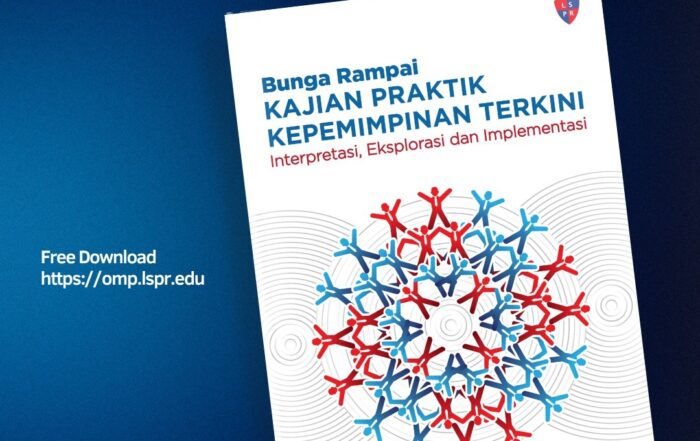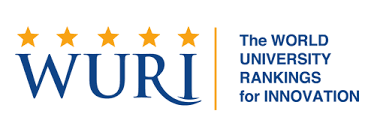

Jakarta – Friday, 20 August 2021, at 15.30 WIB, the Communication Studies Programme together with Student Affairs Department collaborated in organising the second Proyek Kemanusiaan – LSPR Peduli series of webinar with the theme “Optimising Community Roles in Disaster Mitigation and Response as a Real Form of State Defense”. This activity is a realisation of the implementation of the Program Kompetisi Kampus Merdeka (PK-KM). As moderator, Ms. Gabriela Frederika, S.I.Kom, who is also the Assistant Head of the Distance Education Study Programme at LSPR Institute, opened the second webinar series by inviting Mr. Taufan Teguh Akbari, Ph.D, as the Vice Rector III of the LSPR Institute and Dr. Sri Ulya Suskarwati, as Chair of the LSPR Institute PK-KM Task Force to give opening remarks in front of the webinar participants who were already present at the zoom meeting. The total participants for this second webinar series reached more than 250 participants.

Participants of this webinar series
The first presentation was delivered by Mr. Abdoel Malik, Deputy Secretary for Partnerships and Global Humanitarian Affairs, Muhammadiyah Disaster Management Center (MDMC), who provided views and explanations of material on disaster mitigation to the audience. He explained, “In the process of disaster risk management, we talk about the response, how to provide good assistance, how to then provide more targeted assistance and services. Furthermore we talk about the recovery, which discusses the construction of the initial recovery. Then the rehabilitation is more about something that is not physically visible and the reconstruction is more about building something physical.” He continued, “Building awareness of disaster risk is important for anyone in charge of providing assistance to communities in disaster-prone zones.” He also explained the difference between mitigation and preparedness. In mitigation, there is already a planning or mapping process and this process also looks at how we can protect ourselves from the threat of disasters. While preparedness is more about disaster warning systems, how to build existing communication channels when disasters occur, and also conducting training or simulations. So that it can not only be remembered but can also be entered into muscle memory, where the body can respond automatically and then immediately seek shelter, such as during training.

The last presentation in this webinar series was delivered by Mrs. Dra. Endang Purwaningsih, M.Sc., as the Head of the Sub-directorate of Education Environment, Directorate of State Defense (Kasubdit Lingdik Dit. Bela Negara), Directorate General of Defense Potential (Ditjen Pothan), Ministry of Defense of the Republic of Indonesia (KEMHAN RI), representing the Director General of Defense Potential Ministry of Defense (Dirjen Pothan KEMHAN RI), Maj. Gen. Dadang Hendrayudha. The keywords in the presentation mentioned by Mrs. Endang were “mitigation and defending the country”. She explained that, “Disaster mitigation based on the Law on Disaster Management is a series of efforts to reduce disaster risk both through physical development as well as awareness and capacity building in dealing with disaster threats that are carried out to reduce disaster risk for people living in disaster-prone areas.” He continued, “One of the threats to the safety of the nation and state is the threat of disaster.” Then he also said that disaster mitigation is part of disaster management whose output is to prepare preparedness which is seen from the aspect of sovereignty, integrity, and safety of the nation from various threats. Preparedness also discusses the ability to prevent the emergence of threats to be able to reduce the magnitude of the threat. So that when there is a threat, we can anticipate and reduce the impact of a disaster that is supported by preparing the community.

Certificates of appreciation awarded to Mr. Abdul as speaker

Certificates of appreciation awarded to Dra. Endang as speaker
In this webinar series, an interactive question and answer session was also held and ended with certificates of appreciation awarded to the speakers and moderators. And lastly for documentation a group photo session was also held before the event closes.












